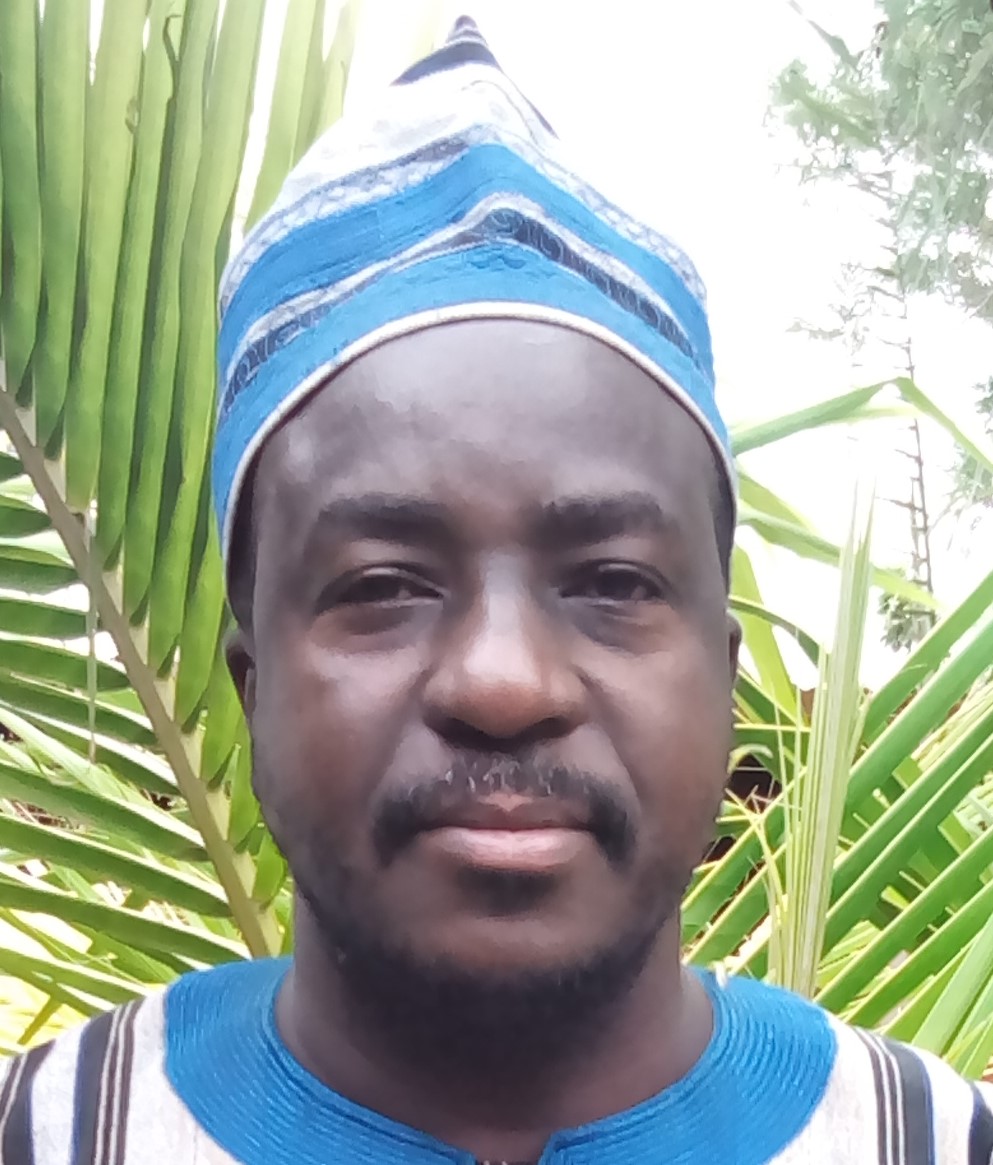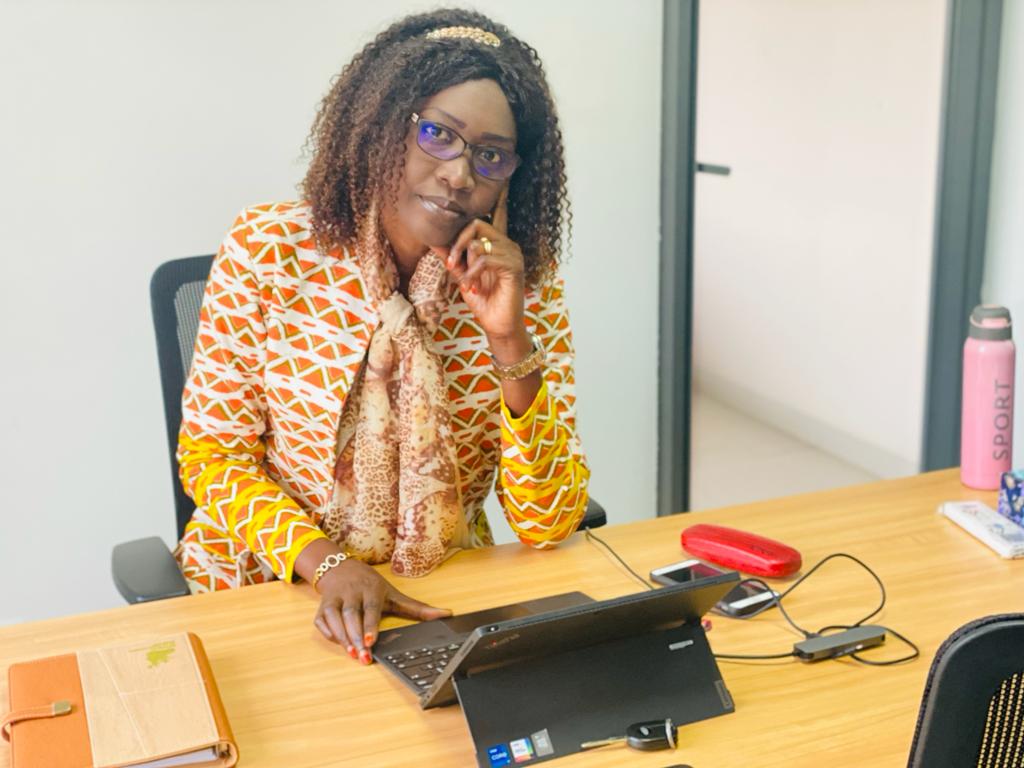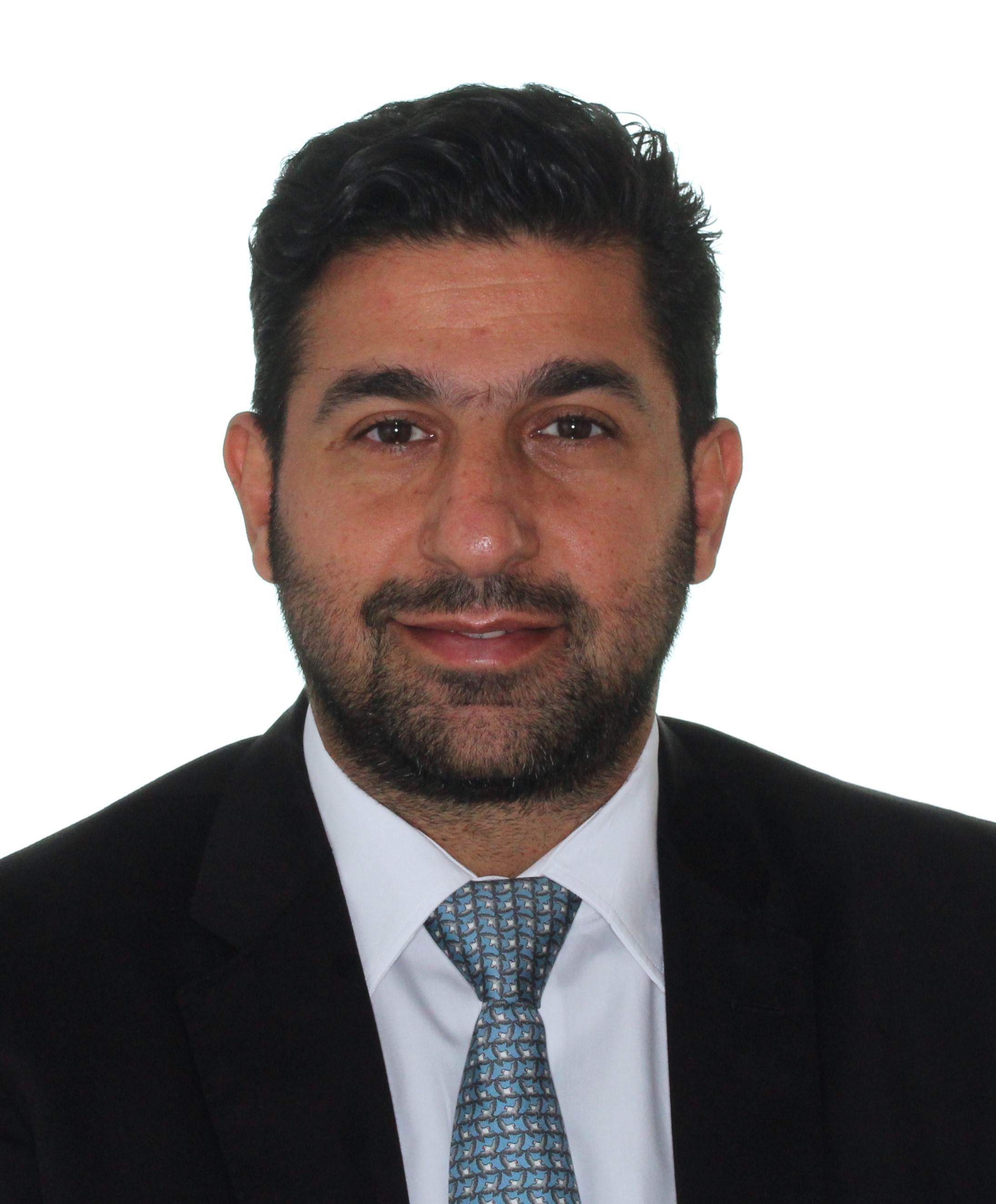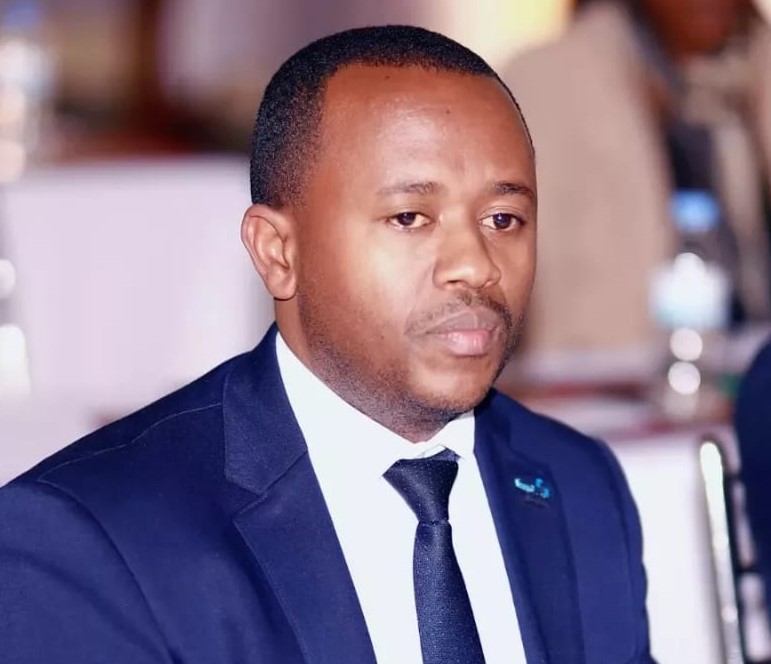FAR training brings together 150 African agricultural organisations

The training in agricultural and rural finance (FAR) 2022 brings together French- and English-speaking participants based in Africa. It is designed for managers of financial institutions and other inclusive finance actors in Africa who wish to develop financial products and services for the agricultural sector. In this 4th edition, 70% of the participants are executives or operational managers of MFIs, the remaining 30% are representatives of public authorities, fintechs or insurance companies. This variety of profiles and experience among the participants can even lead to collaborations. ADA interviewed four participants to understand why they signed up for the training.
Seydou KOTE 
Director of the Mutuelle d'Epargne et de Crédit (MEC) JOUNLIMANI, Burkina Faso
Which organisation are you from?
I come from the Mutuelle d'Epargne et de Crédit (MEC) JOUNLIMANI, which in the local language Gourmantché means "patience is a golden path". The head office is based in Bogandé in the east of Burkina Faso. Our mission is to contribute to the sustainable improvement of the material and social wellbeing of our members by collecting savings and granting loans. We invest 90% of our financing in agro-pastoral activities.
What do you expect from the FAR training?
Given our area of intervention, with its high agro-pastoral potential, I hope to benefit from the tools and expertise needed to identify, design and develop products and services adapted to the needs of our members.
To what extent will you be able to apply what you have learned within your organisation after the training?
Any process of learning and developing new products requires time and human, material and financial resources. For this reason, in agreement with my collaborators and the elected members, I have planned to develop a plan for the restitution of knowledge learned, which should then be implemented in the field with the members. This will enable us to identify how to design new agricultural financial products and services.
What do you like most about the e-learning session so far?
I appreciate the flexibility of the programme, the diversity of the speakers and the richness of the topics covered, both in the courses and during the webinars. The discussion forum also encourages knowledge and experience sharing.
Amer HARIRI
Willis Towers Watson Regional Reinsurance Manager for French-speaking Africa, Senegal
Which organisation are you from?
I joined the Senegalese subsidiary of insurance and reinsurance broker Willis Towers Watson in 2019. My role is to provide financial support to my clients through reinsurance capabilities, with the aim of developing reinsurance services in Francophone Africa. I will also provide them with the necessary information to design and implement various, specific insurance products.
What do you expect from the FAR training?
On a personal level, I am passionate about agriculture and the African continent is an integral focus of my work. The FAR training will help me to better understand and explore the specificities and financial needs of farmers (or other actors in the agricultural sector), especially in West and Central Africa.
To what extent will you be able to apply what you have learned within your organisation after the training?
The knowledge gained from the FAR training can help us to design micro-insurance products adapted to our target population. In order to do this, it is necessary to understand the agricultural environment in Africa, the specific financial needs of the stakeholders and the risks they face. This, in my opinion, will enable us as brokers to better expose the agricultural insurance product to insurers and reinsurers. This will give them the confidence to increase the level of acceptance of the product on the one hand and to invest more in agricultural microinsurance on the other.
What do you like most about the e-learning session so far?
The e-learning session is well structured and the lessons are easy to assimilate, especially by participants who are new to agricultural finance. The webinars are my favourite part, because of their interactivity.
 Agnes Clotilde DIENE
Agnes Clotilde DIENE
Head of Operations at VisionFund Senegal Microfinance, SA (VFS Microfinance, SA), Senegal
Which organisation are you from?
VisionFund Senegal Microfinance, SA is a subsidiary of VisionFund International (VFI), whose mission is to provide sustainable financial and non-financial services to poor entrepreneurs, particularly women, in World Vision Senegal's areas of intervention. We seek to increase their income and reduce the poverty level of the communities in general to improve the well-being of children in particular.
What do you expect from the FAR training?
I expect to understand and use the market assessment tools so that I can apply them in my daily work. I would also like to see to what extent the lessons learned will allow me to improve the effectiveness of the institution's strategy, in particular related to our agriculture portfolio.
To what extent will you be able to apply what you have learned within your organisation after the training?
I will be able to improve the institution's agricultural financing strategy and further control the growth of the agricultural portfolio.
What do you like most about the e-learning session so far?
I appreciate the fact that I can arrange my own schedule for the courses. I find the content of the modules clear and the additional reading useful as it can be used even after the course.
Emmanuel NZANANA
Operations Manager at RADIANT YACU Ltd, Rwanda
Which organisation are you from?
I come from RADIANT YACU Ltd, a dedicated Microinsurance Company in Rwanda. Our mission is to improve our clients’ lives through the provision of innovative and customer-centric inclusive insurance products.
What do you expect from the FAR training?
I expect to gain more knowledge about our segment (low-income earners) and how that knowledge can help us to design suitable solutions. I also expect to learn how our planned products for the agriculture sector respond to the need of the financial sector in terms of risk mitigation and to the risks low-income earners. Finally, I hope to gain insights or experience from other participants who work with agriculture insurance products and how technology can be leveraged to serve our segment.
To what extent will you be able to apply what you have learned within your organisation after the training?
I will share the knowledge with our staff in terms of training, sharing materials and engage discussions to direct them, especially in designing other value chains in agriculture insurance. We have ongoing projects I head and coordinate and it will be a good time to use the acquired knowledge.
What do you like most about the e-learning session so far?
I like the interaction with other participants. I find the materials good and well-prepared with case studies. I like the fact that we can share our knowledge through webinars by facilitators. Finally, the training introduced us to platforms of information like Global FINDEX and FAOSTAT.

